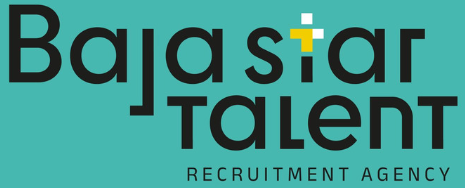Managing your finances well is a habit that requires certain routines.

Managing money is a skill cultivated over time. Those who never run out of money don’t rely on luck; instead, they have developed a series of habits that allow them to keep their finances in check, even during difficult times. Below are seven key habits you can adopt to improve your own financial situation.
- They Live Below Their Means
People who always have money understand the importance of spending less than they earn. This habit, although simple, is fundamental. It’s not about depriving themselves of everything, but about making conscious decisions on what to spend on and what not to, ensuring there’s always a margin for saving or investing. - They Save Consistently
Saving is a priority, not an option. Those who manage their money well often set aside a portion of their income automatically. Some follow the 50/30/20 rule: 50% for needs, 30% for wants, and 20% for savings. This habit allows them to build a financial cushion that provides security and options. - They Invest in Their Future
Saved money doesn’t stay static; it’s invested to generate more money. Whether in the stock market, real estate, or their own professional development, financially successful people understand that investing is key to growing their wealth. They also tend to diversify their investments to minimize risks. - They Avoid Unnecessary Debt
While not all debt is bad, those who never run out of money are very selective when taking on financial obligations. They avoid consumer debt, such as high-interest credit cards, and if they take out loans, they do so with a clear plan to repay them quickly. - They Maintain a Budget
Keeping a detailed record of income and expenses allows them to have complete control over their finances. These individuals often use digital tools or traditional methods to follow a budget, adjusting it as necessary to ensure it aligns with their financial goals. - They Continuously Learn About Finances
Financial education is an ongoing process. People who manage their money well stay informed about new investment opportunities, market changes, and best financial management practices. This enables them to make more informed decisions and adapt to economic changes. - They Have an Emergency Fund
Having an emergency fund is a crucial habit. This fund allows them to handle unexpected events without resorting to credit or selling investments prematurely. Generally, their emergency fund covers three to six months of basic expenses, providing a safety net in tough times.

Adopting these habits requires discipline and consistency, but the long-term benefits are invaluable. It’s not about having a high income, but about how the money you have is managed. Implementing these habits can help you improve your financial stability and ensure that you never run out of money, even in adverse situations.
